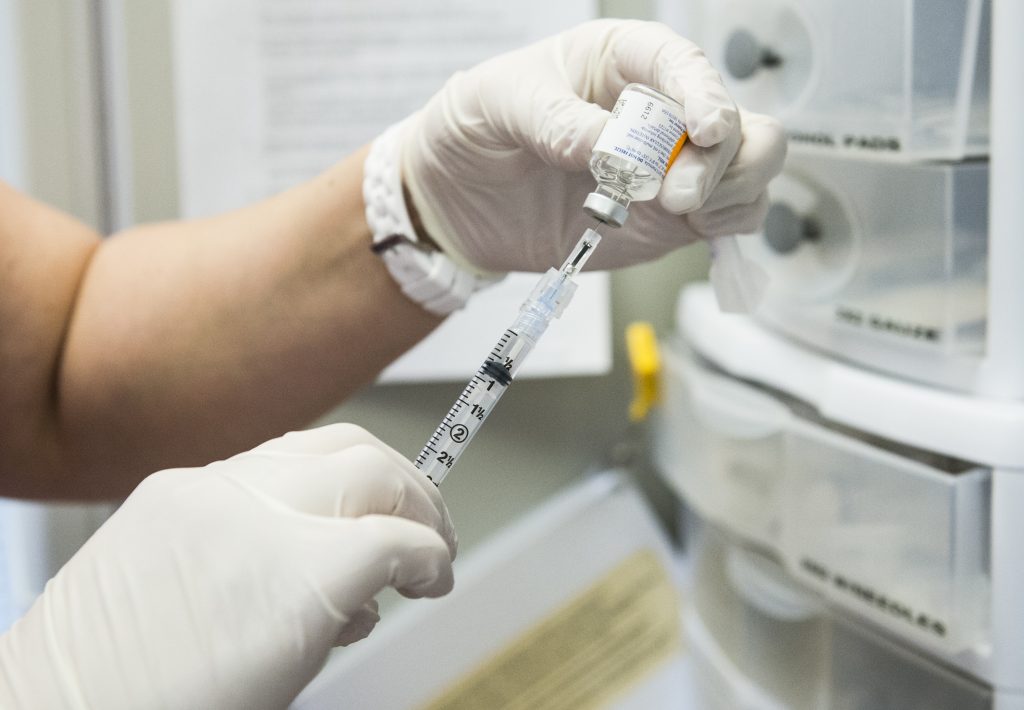A recent calculation shows that with the current rate of vaccination it might take seven years before the COVID19 pandemic is over around the world. Experts have made a massive database of COVID19 vaccinations happening across the world. The data shows that it might take a decade to achieve herd immunity against the virus if vaccine rollout plans do not speed up for the two-dose vaccines. Infectious disease experts from the US. Dr. Anthony Fauci has said that at least 70 to 85 percent of populations need to be vaccinated in order to reach herd immunity. With the current rate of vaccination, the US might be able to achieve herd immunity by 2022. However, countries like Canada might take another ten years to reach the goal with the present rate of inoculation. As per the report, around 119 million doses of vaccines have been rolled out across the world but some rich and western countries are on the verge of vaccinating their 75 percent of populations much faster than others. Israel is expected to vaccinate 75 percent of its people by the spring but Portugal might take four years and China might take seven years to achieve herd immunity if vaccine plans are not revamped.
Experts have said that these calculations are volatile especially with vaccine rollouts, which are quite recent and have been spoiled with disrupted supplies. The vaccination rate in Canada has reduced by half, as the country has been facing delays in shipments recently. However, the country has signed contracts with the drug makers to buy more doses per person. Experts who have come up with the data have said that the rate of vaccination worldwide might speed up as more and more doses are available. They have focused on major vaccine manufacturing hubs in India and Mexico and said that only a third of these nations have started vaccine distribution. On the other hand, some experts have said that the calculation has been based on two full doses of vaccines, and as a vaccine from Johnson & Johnson will be approved, which is a single-dose vaccine, these estimates will be tweaked. There are some other limitations to this data. The data includes children as they can be infected and contribute to the spread of the virus but a vaccine for children has not been approved yet.
The data does not account for the people who have some immunity against the disease due to a past infection. The US Centers for Disease Control and Prevention (CDC) has said a past infection provides some immunity against the virus but it is uncertain how long it will last. A past study has noted that reinfection is quite common among young people especially those who have had a mild infection or have shown no symptoms at all during the initial infection. Experts have urged governments across the world to include young and those who have been infected with the bug in the past in their vaccine rollout plans.
